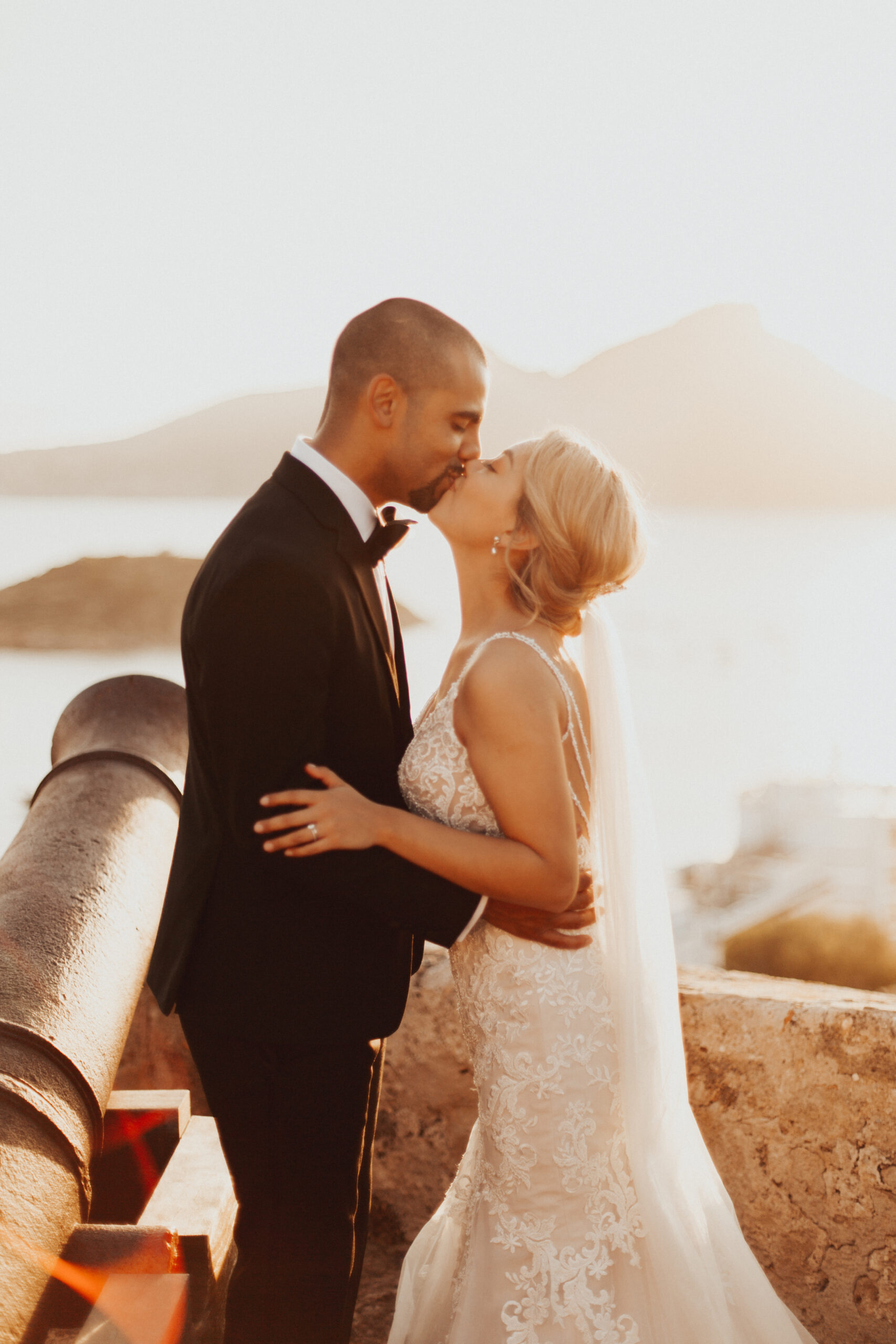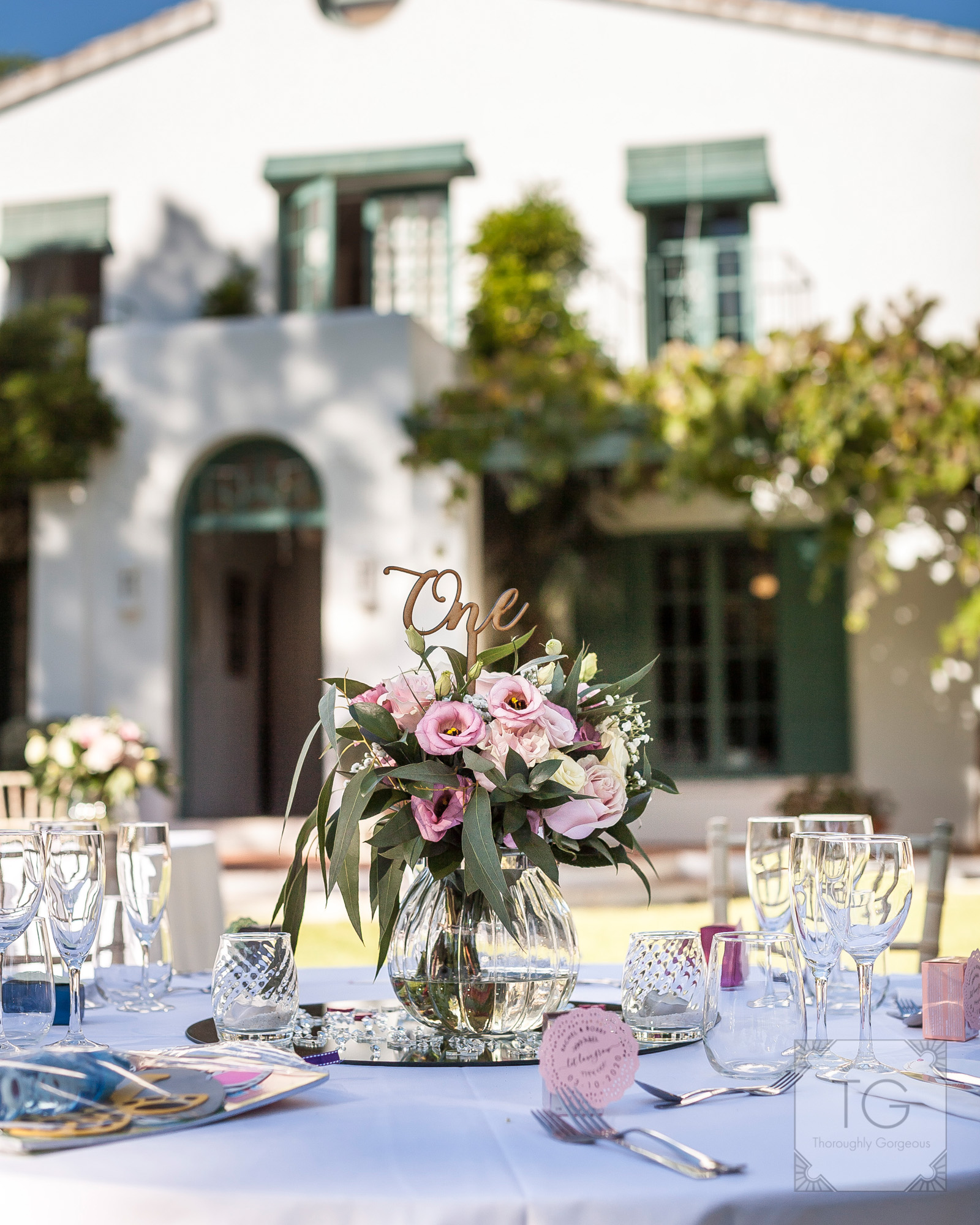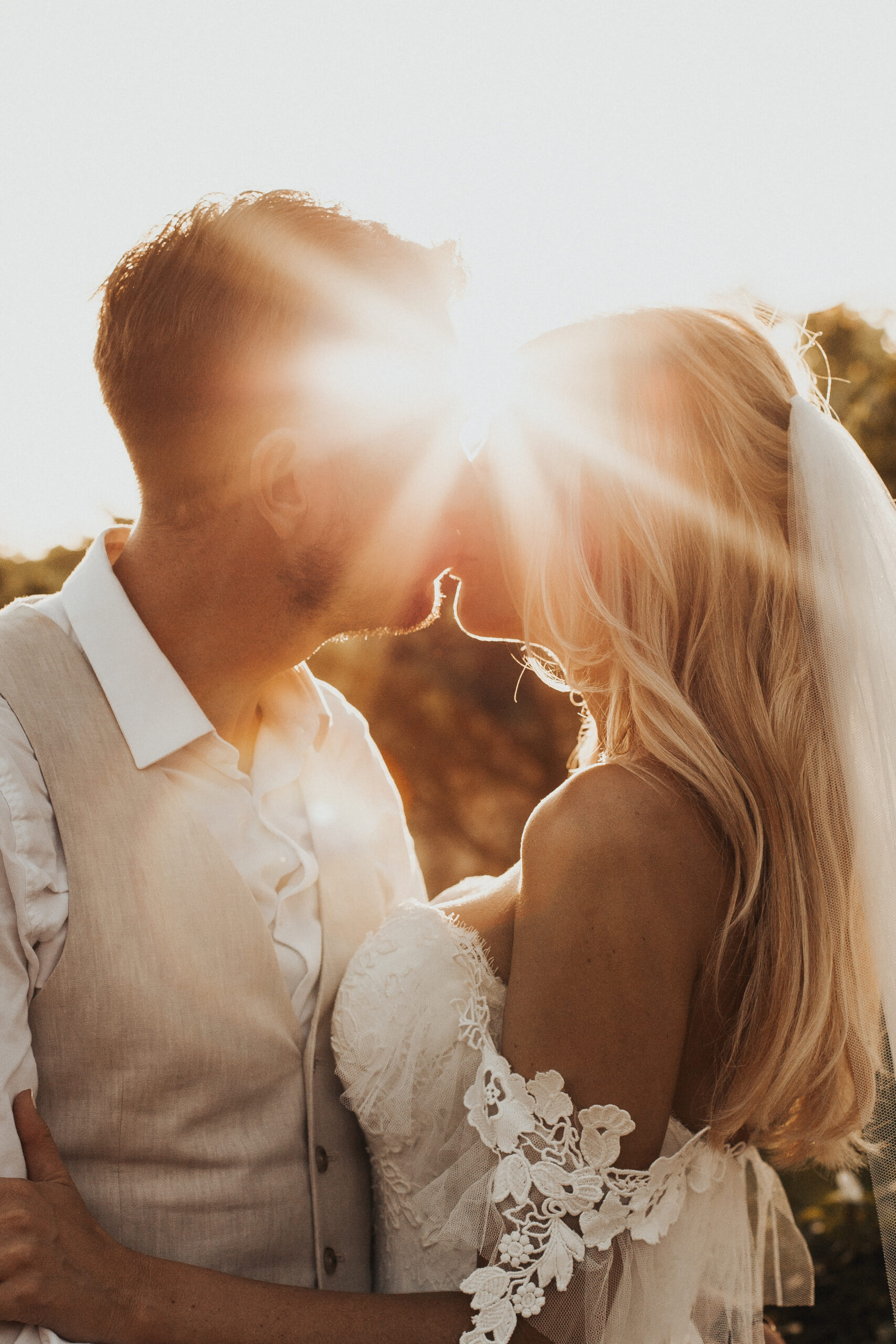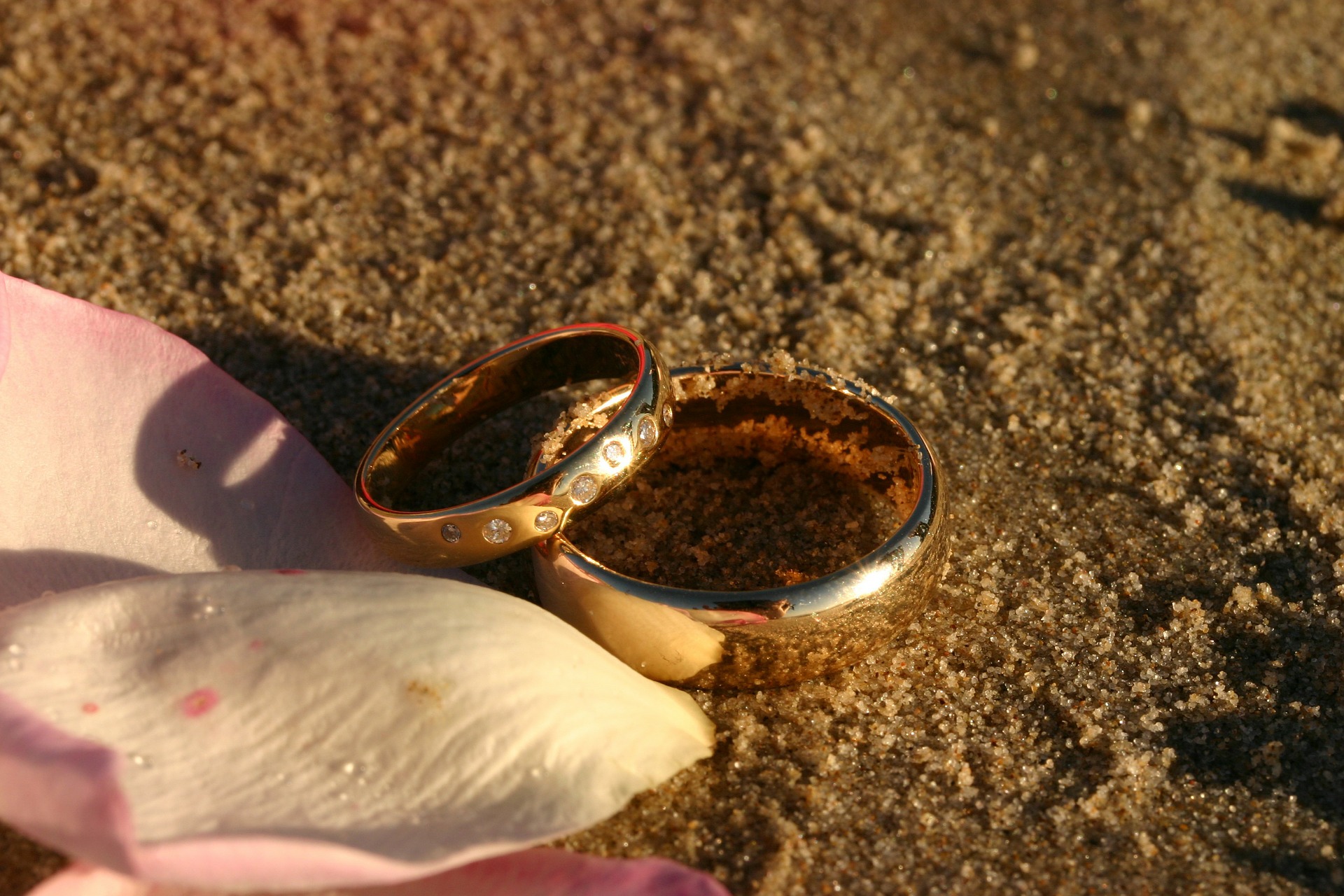Weddings In Spain – The Legalities?
Destination weddings in Spain; the legalities…

Spain is consistently voted one of the top wedding destinations abroad by brides in Ireland and the UK. Its abundance of idyllic locations, from sandy beaches, to traditional pueblo villages, historic cities and hilltop olive groves, provide the perfect backdrop to all sorts of wedding celebrations.
Warm sunshine and long evenings with dramatic sunsets complement the beautiful scenery and romantic settings. Additionally, Spain’s relative proximity to Ireland and the UK (under three hours flight time) makes it much easier for couples planning their nuptials, and their guests. And of course, the availability of several Irish and English wedding planners in Spain, plus a plethora of other English speaking wedding suppliers, puts many a couple at ease when planning the biggest day of their lives in a foreign country.

Catholic weddings celebrated between foreigners in Spain are considered valid under Spanish law and therefore are recognised throughout Europe and the United States. However, other religious ceremonies conducted in Spain, for example Jewish weddings, will not considered valid in your home country without a civil registry and so a legal marriage will need to be signed in your country of residence.
Weddings in Spain have substantial paperwork and legal requirements and couples are advised to use a recommended wedding planner to ensure that all runs smoothly.

Couples wishing to be legally married in Spain need to be aware of the following procedures:
Those intending to have a Catholic marriage ceremony in Spain need to allow at least six months for all the documentary requirements to be met. Although Catholics of any nationality can wed in Spain, they need first to contact their local priest and discuss their desire to marry abroad. The couple will then be required to submit the following documentation to their priest:
- Birth certificates
- Baptismal certificates which must be issued not more than six months before the wedding date and authenticated by issuing Bishopric
- Proof of freedom to marry authenticated by issuing Bishopric
- Certificate of Marriage Preparation course
- Intended date, time and location (Church) of marriage

All documents written in languages other than Spanish will need to be accompanied by sworn translations stamped with the Hague Apostile. Contact the UK Foreign and Commonwealth Office or Irish Department of Foreign Affairs for advice in this respect.
If one of the two people intending to marry is not a Catholic, then the home Bishopric must also issue a Dispensation to accompany the paperwork.

The priest will forward these documents to the local home Bishopric who will, in turn, forward it on to the Bishopric in the province of Spain where the couple wish to marry. This has to be done approximately five months before the wedding date to ensure the validity of the baptismal certificates.
In some provinces, couples are also required to provide a Certificate of No Impediment to Marry, which must be dated no sooner than three months before the wedding date.
The marriage must be registered in the local Spanish civil registry within one week of the ceremony in order to be valid in Spain. Administration fees charged will vary from church to church but can cost around €250 to €300.

Couples intending to marry in a Spanish civil ceremony who are not residents of Spain may find it even more difficult or impossible to satisfy the documentary and legal requirements. This is why many couples choose to legalise their union with a civil ceremony or ‘paper wedding’ at home or in Gibraltar, before enjoying a celebration of their marriage at a beautiful Spanish venue surrounded by friends and family. This celebration can incorporate a blessing officiated by religious or non-religious personnel.
Gibraltar is a British Overseas Territory and so the legal requirements to marry there are similar to those in the UK. The following documents must be presented to the registry office between 24 hours and three months before the wedding:
- Birth certificates
- Passports
- Divorcees: Decree absolutes and original marriage certificates
- Widows and widowers: Death certificates of previous spouse and original marriage certificate
- Certificates of No Impediment to Marry for non-British passport holders
Sworn translations are required for any documents not written in English.

The fees for a civil ceremony in range from £40 for ceremony and registration in the registry office to £240 for ceremony and registration at a venue outside the registry office at the weekend. The required special licence for marriage is £67.50.
If at least one of the couple is a Spanish resident and has been for a minimum of two years, it may be possible to organise a civil ceremony in Spain. The following paperwork will have to be submitted to the civil registry office or applicable court in Spain:
- Completed application form (issued by civil registry)
- Original birth certificates
- Passports
- Certificates of No Impediment to Marry (issued by Consulate)
- Certificates of Consular Inscription (issued by Consulate)
- Divorcees: Decree absolutes and original marriage certificates
- Widows and widowers: Death certificates of deceased spouses and original marriage certificates
- Certificate of Empadronamiento (obtainable from the local townhall to prove you are living in Spain)

Again, all those documents not written in Spanish will need to be accompanied by sworn translations stamped with the Hague Apostile. Banns or edictos will need to be posted at least 15 to 20 days before the ceremony. The same residency and documentary requirements apply to same sex couples intending to marry in a civil ceremony in Spain.
The fees for a civil ceremony in Spain are set by the townhall for that particular location and can range from €100 to €400.

Title IV of the Civil Code regulates marriage in Spain. It decrees that under 18s (except emancipated minors 16 or over) may not marry, although there are some extreme circumstances in which minors of 14 or over may marry with parental and judicial consent.
Those already joined in marriage, direct line relatives (by blood or adoption) and collateral blood relatives up to the third degree may not marry. Additionally those who have been sentenced as murderers of their spouse or accomplices to murder of their spouse or the murderer’s spouse may not marry.
For more information on weddings in Spain, contact Lisa Gibbons, Director, Sunshine Weddings Spain
Sunshine Weddings are Spain’s No 1 wedding experts specialising in a wedding planning service throughout Andalucia, southern Spain, Barcelona and the Balearic Islands. We offer a Wedding Venue Finding service that includes private villas, haciendas, fincas, castles, luxury beach locations, boutique resorts and lavish hotels and much more…
